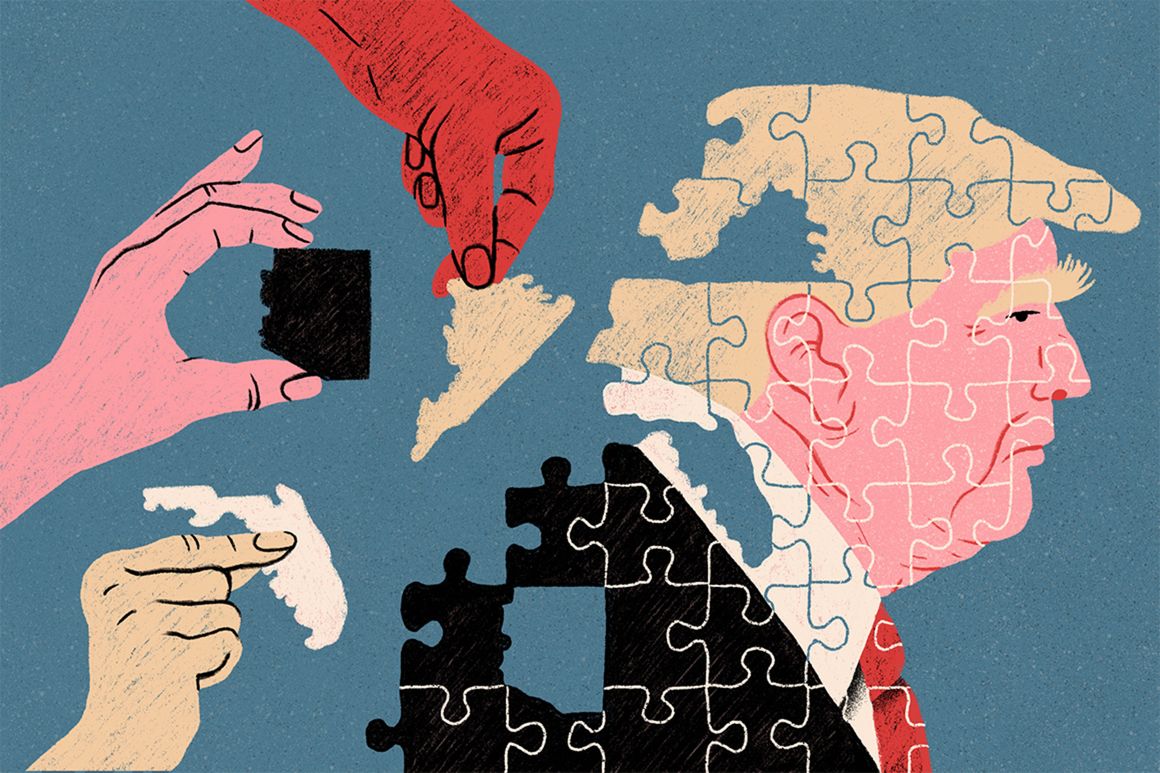
In fact, according to the Knight data, nonvoters do view both parties unfavorably, as do voters. But fewer nonvoters view Trump unfavorably than voters do, and more nonvoters have a favorable opinion of the president than have a favorable opinion of the Republican Party itself. Fewer nonvoters consider themselves liberal, moderate or conservative than voters do, with more nonvoters volunteering that they “don’t think in those terms.” Nonvoters are also less likely than voters to identify with either of the major political parties. And that’s even more true in the battleground states, where more nonvoters identify as independent or say they’re unsure.
In Day’s estimation, Bernie Sanders, like Trump, is appealing to people who don’t typically vote because he has managed to put some distance between himself and the Democratic Party establishment. “There are a lot of people who like Donald Trump who don’t necessarily love the Republicans,” she notes. “When we look at who doesn’t vote, we’re looking at people who are feeling alienated from the political process because they feel like there’s nothing on offer from them from either party. And they don’t get the sense that anybody wants to fight for them.”
Fewer nonvoters than voters, according to the Knight survey, are confident that the results of an election represent the will of the people, and many nonvoters say that’s because they think the system is rigged or corrupt. Voters who are not confident that the results of an election represent the will of the people cite campaign financing or the electoral college for their lack of confidence more than a rigged or corrupt system.
“It’s not left-right,” Day adds. “While Elizabeth Warren has some very progressive policy proposals,” she admits, Sanders’s campaign is the only one she feels is capable of reaching the nonvoting population in a significant way. And she may be right.
In a New York Times survey of swing state nonvoters, Sanders was the most popular Democrat, besting Trump by 4 percentage points, while Warren was actually 1 point less popular than Trump among nonvoters. The same survey showed that between Democratic voters and nonvoters who favor Democrats, fewer nonvoters consider themselves “very liberal” or say they want a candidate who “promises to fight for a bold progressive agenda,” but more nonvoters than voting Democrats want a candidate who “will fundamentally change America.” The Times survey also showed that more Democratic-leaning nonvoters than Democratic voters in swing states support single-payer health care.
In the Knight survey, far fewer nonvoters than voters both in battleground states and nationwide who say they think they’ll vote in 2020 cite “civic duty” as their top reason for doing so. More nonvoters than voters cite health care policy. Similarly, more nonvoters than voters point to health care as well as jobs and the economy as the most important issues to them; whereas more voters point to issues like immigration, gun control, climate change and racism. Knight asked nonvoters: What, if anything, could motivate you to vote in more elections? A plurality responded with “a candidate I believe in.”
“We can’t rely on high turnout alone,” Day said. Democrats could still lose in November, especially if many people who have been nonvoters up to now in key battleground states show up at the polls for Trump. Democrats, she believes, would have the best chance of motivating nonvoters if they nominate Sanders. “The ratio of nonvoters to voters is so high in the United States,” Day emphasized, “that just a small fluctuation in it can have serious consequences for a general election.
Source: politico.com
See more here: news365.stream





